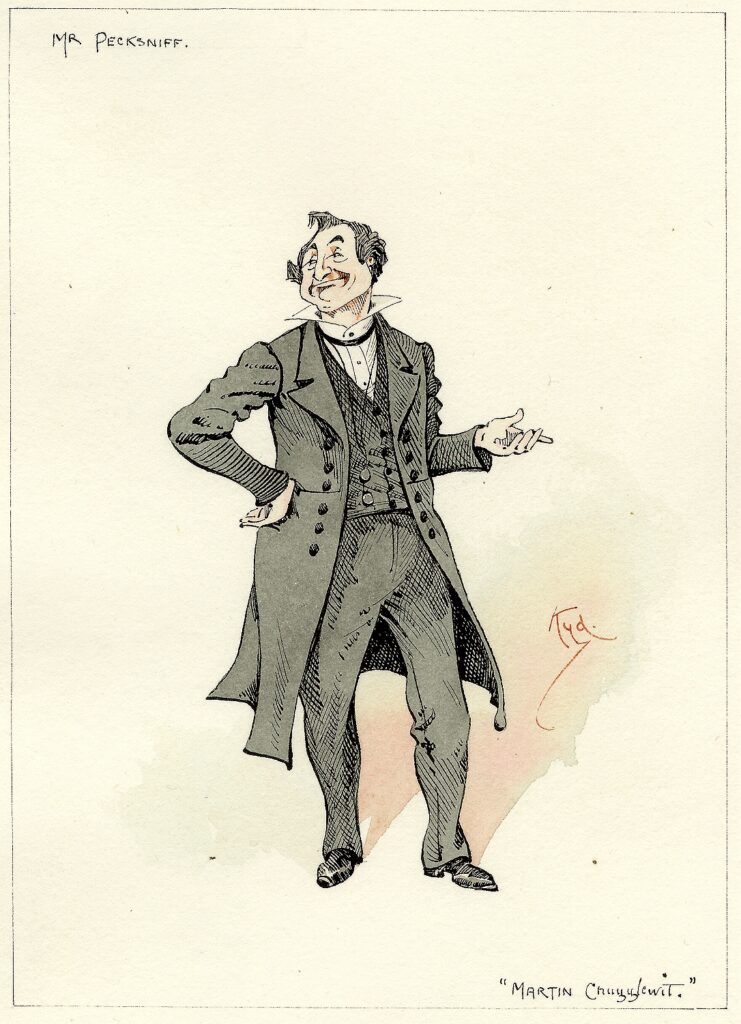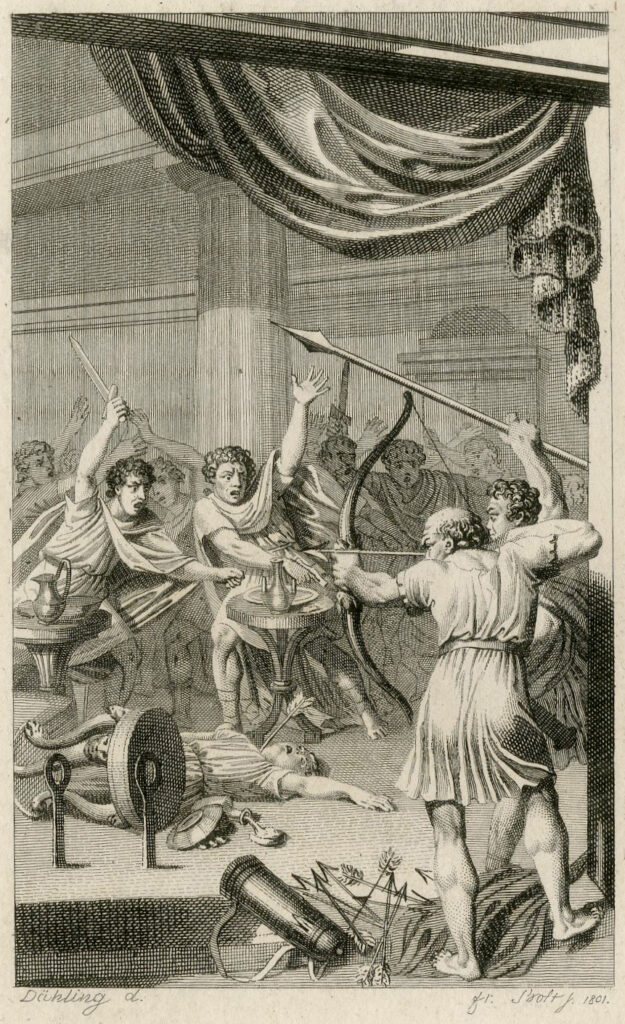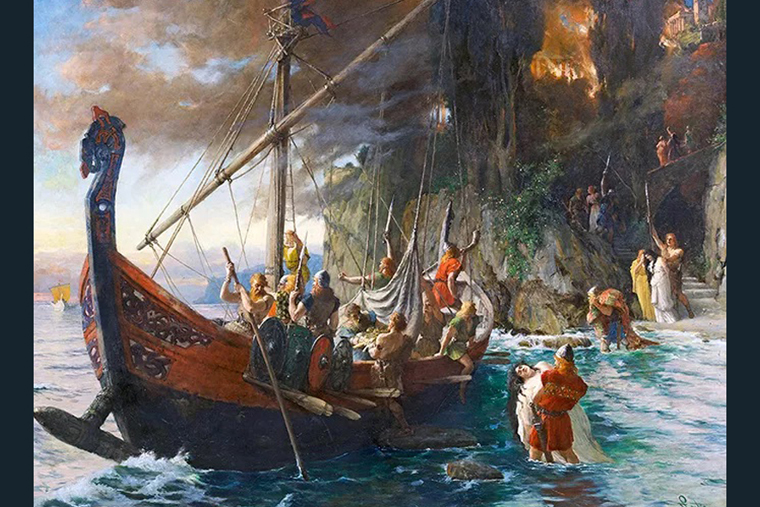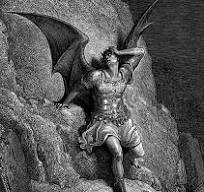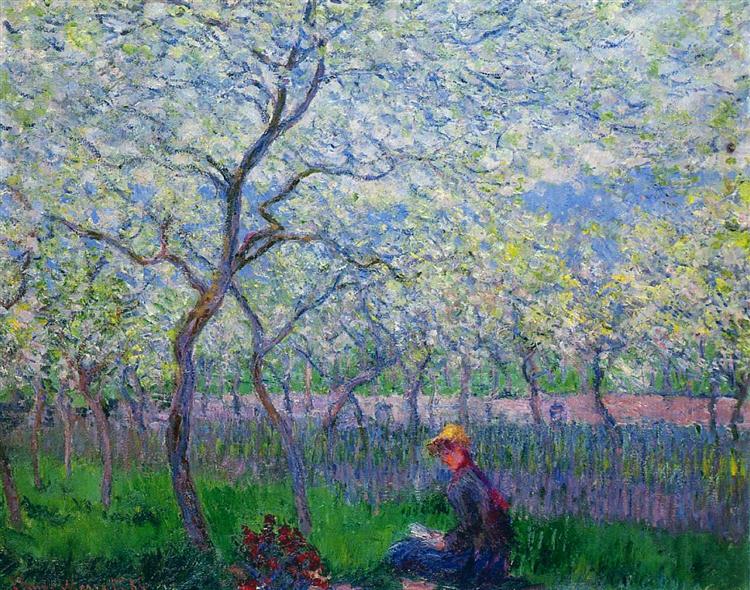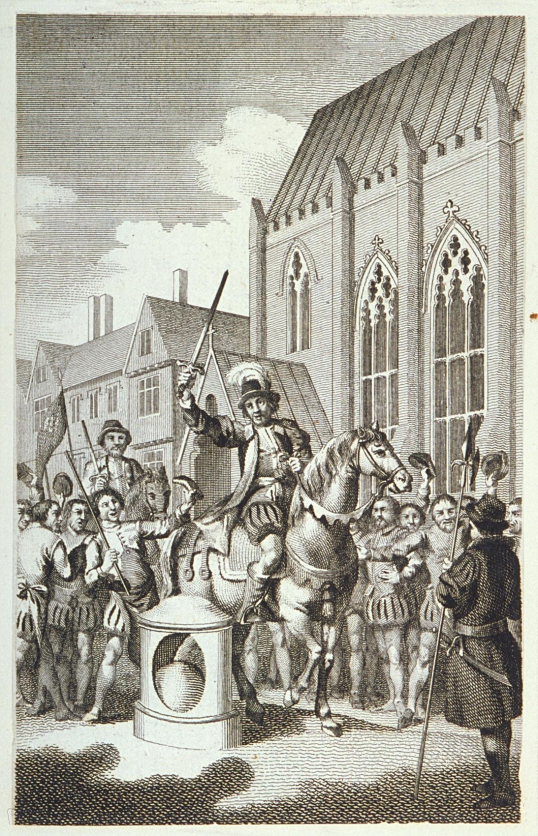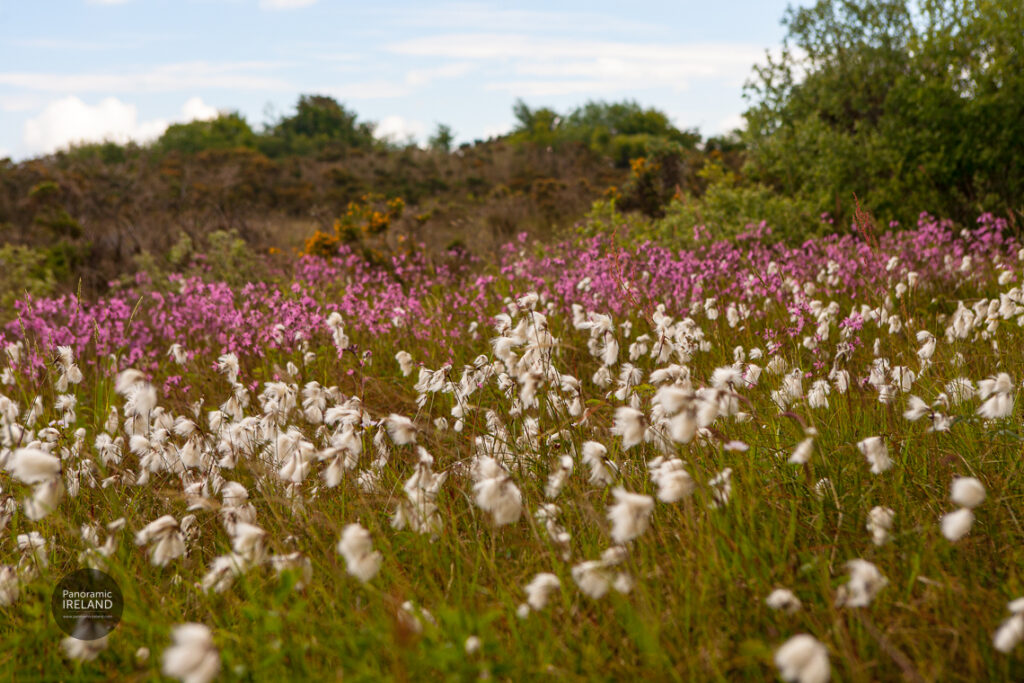Note: If you wish to receive, via e-mail, (1) my weekly newsletter or (2) daily copies of these posts, write to me at [email protected]. Comments may also be sent to this address. I promise not to share your e-mail with anyone. To unsubscribe, write here as well.
Wednesday
It’s not every day that one comes across a public allusion to Martin Chuzzlewit, Charles Dickens’s sixth novel, so my literature scholar’s heart leaped when a Washington Post columnist described a Trumpian pronouncement as “Pecksniffian.”
I’ll explain what the descriptor means in a moment but first see if you can figure it out for yourself by reading this passage from Trump’s executive order (probably penned by a subordinate) banning trans individuals from the U.S. military:
[A]doption of a gender identity inconsistent with an individual’s sex conflicts with a soldier’s commitment to an honorable, truthful, and disciplined lifestyle, even in one’s personal life. A man’s assertion that he is a woman, and his requirement that others honor this falsehood, is not consistent with the humility and selflessness required of a service member.
To which the Washington Post’s Monica Hesse responded,
Hoo boy, we could do a whole column just on that one Pecksniffian paragraph — but it turns out maybe we don’t need to, because earlier this week a federal judge blocked the order. It was full of “illogical judgments based on conjecture,” the judge wrote, calling the government’s arguments “totally, grossly misleading.”
Webster’s Dictionary defines “Pecksniffian” as “unctuously hypocritical; pharisaical,” and the idea of Trump attempting to take the moral high ground on any issue at all, especially with regard to the military, is indeed hoo-boy laughable. Pecksniff is a particularly slimy Dickens villain who puts on sanctimonious airs as he runs an “architectural school.” I use quotation marks because the education is worthless, a means for Pecksniff to rob his pupils of every cent they have. (Sounds like Trump University.) Dickens’s sarcasm goes into overdrive as he describes the man:
It has been remarked that Mr Pecksniff was a moral man. So he was. Perhaps there never was a more moral man than Mr Pecksniff, especially in his conversation and correspondence….He was a most exemplary man; fuller of virtuous precept than a copy book. Some people likened him to a direction-post, which is always telling the way to a place, and never goes there; but these were his enemies, the shadows cast by his brightness; that was all.
Pecksniff, it turns out, knows as much about architecture as Trump knows about governing (or, for that matter, business):
The brazen plate upon the door (which being Mr Pecksniff’s, could not lie) bore this inscription, ‘PECKSNIFF, ARCHITECT,’ to which Mr Pecksniff, on his cards of business, added, AND LAND SURVEYOR.’ In one sense, and only one, he may be said to have been a Land Surveyor on a pretty large scale, as an extensive prospect lay stretched out before the windows of his house. Of his architectural doings, nothing was clearly known, except that he had never designed or built anything; but it was generally understood that his knowledge of the science was almost awful in its profundity.
Like Trump, Pecksniff is a genius when it comes to conning people out of their money:
Mr Pecksniff’s professional engagements, indeed, were almost, if not entirely, confined to the reception of pupils; for the collection of rents, with which pursuit he occasionally varied and relieved his graver toils, can hardly be said to be a strictly architectural employment. His genius lay in ensnaring parents and guardians, and pocketing premiums.
What is most grating about Pecksniff, however—and what is grating about Trump’s executive order—is the sanctimoniousness. When John Westlock, one of Pecksniff’s former pupils and now an adult, returns to accuse him of fraud, Pecksniff magnanimously forgives him:
‘No, John,’ said Mr Pecksniff, with a calmness quite ethereal; ‘no, I will not shake hands, John. I have forgiven you. I had already forgiven you, even before you ceased to reproach and taunt me. I have embraced you in the spirit, John, which is better than shaking hands.’
Note how, like Trump, Pecksniff casts himself as the victim. Westlock will have none of it:
‘As to your forgiveness, Mr Pecksniff,’ said the youth, ‘I’ll not have it upon such terms. I won’t be forgiven.’
‘Won’t you, John?’ retorted Mr Pecksniff, with a smile. ‘You must. You can’t help it. Forgiveness is a high quality; an exalted virtue; far above your control or influence, John. I will forgive you. You cannot move me to remember any wrong you have ever done me, John.’
‘Wrong!’ cried the other, with all the heat and impetuosity of his age. ‘Here’s a pretty fellow! Wrong! Wrong I have done him! He’ll not even remember the five hundred pounds he had with me under false pretenses; or the seventy pounds a year for board and lodging that would have been dear at seventeen! Here’s a martyr!’
Just as Trump talks of “humility and selflessness required of a service member,” Pecksniff pushes his sanctimoniousness up a notch:
“Money, John,” said Mr Pecksniff, “is the root of all evil. I grieve to see that it is already bearing evil fruit in you. But I will not remember its existence. I will not even remember the conduct of that misguided person”—and here, although he spoke like one at peace with all the world, he used an emphasis that plainly said “I have my eye upon the rascal now”—”that misguided person who has brought you here to-night, seeking to disturb (it is a happiness to say, in vain) the heart’s repose and peace of one who would have shed his dearest blood to serve him.”
Yes, Pecksniff and Trump are bullshit artists of the highest order and neither ever experiences the least bit of remorse. The difference is that, in the final chapters, Pecksniff is a groveling bankrupt, with the terms “hang-dog,” “scoundrel,” and “ghoul” applied to him by the wealthy benefactor who makes all things right. Even Tom Pinch, for twenty years a loyal Pecksniff apprentice and assistant, eventually sees through him. By contrast, Trump continues to flourish and nothing appears to shake the faith of his followers, despite him corrupting everything he touches.
Still, kudos to Hesse for making the comparison. I just wish I had Dickens’s confidence of someone stepping in to restore order and dispense justice.
